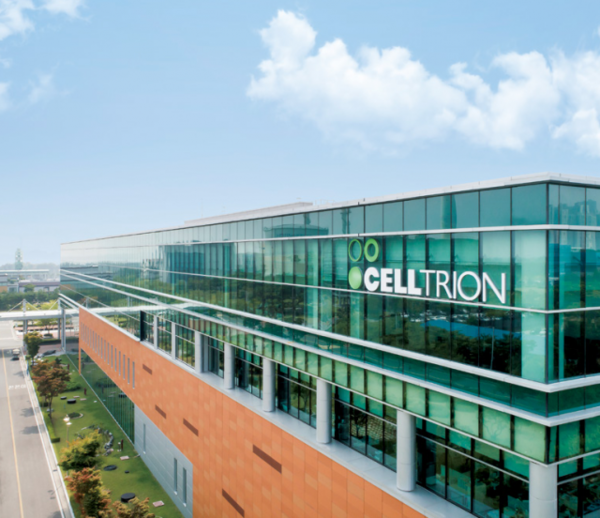Korean bio giant goes ahead with post-clinical test procedures

South Korea’s biopharmaceutical powerhouse Celltrion said on March 11 that its U.S. affiliate had submitted a biologics license application for CT-P39 to the U.S. Food and Drug Administration.
CT-P39 refers to an interchangeable biosimilar candidate to XOLAIR (omalizumab), an injectable biologic medicine designed to treat asthma, chronic rhinosinusitis with nasal polyps, and IgE-mediated allergy.
The submission includes results from a global phase III clinical test aimed at evaluating the efficacy, safety, and pharmacokinetics of CT-P39 compared to the reference product XOLAIR, according to Celltrion.
Late last year, Celltrion presented the primary results of its 12-week clinical trial during the American College of Allergy, Asthma and Immunology conference in Anaheim, California.
“We are pleased with the rapid progress made in the development of CT-P39, and we look forward to expanding our portfolio beyond immunology and oncology,” Celltrion USA Chief Commercial Officer Thomas Nusbickel said.
“We will continue to build upon our strong track record of developing and manufacturing high-quality biosimilars to help improve the lives of patients.”
Drug market consultancy IQVIA notes that XOLAIR had achieved global market sales of $3.89 billion in 2022, with its compound patent already expired and its formulation patent set to expire in November 2025 in the United States.
Established in 2018 in New Jersey, Celltrion USA is Celltrion’s unit in the U.S.

